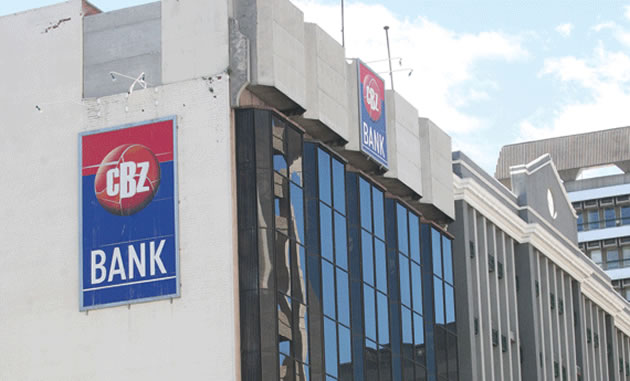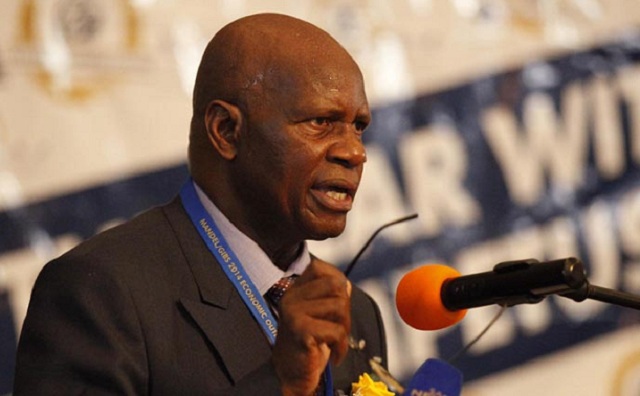EDITORIAL COMMENT: CBZ, BCC partnership on housing laudable

ACCESS to decent accommodation is one of the basic rights that any urban dweller is entitled to but despite the best of efforts, this has remained a pipedream for many people in Zimbabwe. The housing waiting lists of most towns and cities in Zimbabwe continue to balloon each year due to rising populations and most local authorities are failing to cope with demand.
The country’s housing demand currently stands at slightly over a million and cities such as Harare are grappling with illegal settlements spawned by an influx of people into the capital and a corresponding rise in demand for housing. Unfortunately, the growing numbers have not been complemented by the building of more houses.
In Bulawayo, though the problem of illegal settlements is small, the city’s housing waiting list currently stands at more than 110,000 with property developers and the BCC unable to match demand for stands and houses. The harsh economic environment has also militated against efforts to provide decent housing for residents some of whom are failing to develop stands they were allocated by council.
Zimbabwe faces a peculiar quagmire where the government cannot provide affordable low cost housing for low income earners with this segment of society condemned to squalid living conditions. With rising unemployment, the dream of owning a home for many Zimbabweans is far fetched. However, for those lucky enough to be still holding down a job, there remains a glimmer of hope.
Some banks are moving into the property sector and partnering with local authorities to build low cost housing in towns and cities. This is commendable.
As we reported in yesterday’s edition of Business Chronicle, CBZ Bank has agreed to partner the BCC to build more than 600 medium density houses at a cost of $6,2 million.
The financial institution is keen on financing the housing project in Mahatshula suburb. “As a result, a project proposal to partner council in the development of 670 stands in Mahatshula medium density residential area was put forward for the bank’s consideration where council had indicated that the project cost had been $6,2 million,” reads part of the BCC minutes. “CBZ had since written back and indicated that they were prepared to partner council and will finance the project. The bank is ready to embark on deliberations to finalise the partnership details.”
The BCC said the partnership was a welcome development to the city as partnering a financial institution would complement other housing delivery strategies like the presale scheme where council had partnered with beneficiaries. “The advantage of partnering with a financial institution is the ability of such institutions to avail lump sum finance at project inception to enable the project to be executed without any financial hitches and thus could have the shortest possible life cycle. This has the advantage of hedging the project against external forces,” it said.
The BCC has a four pronged housing delivery strategy that includes the engagement of financial institutions. In the past, the local authority engaged private developers whom it said had failed to deliver. “As an improvement or development from private developers, council had also used the pre-sale strategy. The pre-sale strategy had been a success in the sense that council had been partnering with individuals to raise the funds for servicing,” said council.
However, despite the successes in getting serviced stands the delivery system has had some challenges in the payment of the stands. We hope the coming in of CBZ and other financial institutions will assist the BCC to provide decent housing for residents at an affordable cost. Mortgage financing is the norm the world over and as the economy rebounds, more banks are likely to follow suit.
The CBZ/BCC partnership comes in the wake of the successful implementation of a low cost housing scheme in Harare, Kwekwe and Gweru by FBC Building Society. Since 2009 the society has delivered over 640 housing units countrywide and continues to initiate new projects.
On-going projects include 283 medium cost housing units in Harare, 203 and 160 low-cost housing units in Gweru and Kwekwe respectively. In Kwekwe the building society constructed over 100 three-bedroomed housing units in the high-density suburb of Mbizo 9 which were sold at $25,500 each.
This is certainly a win-win situation for both local authorities and banks and we feel this partnership model should be pursued vigorously and rolled out throughout the country. We are aware that most banks are going through trying times but those with healthy balance sheets should hedge their investments in the property sector which is insulated from the vagaries of market forces.
That way, they perform a crucial community service while undertaking an investment that is certain to bring them healthy returns.








Comments